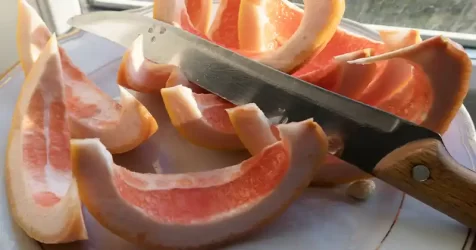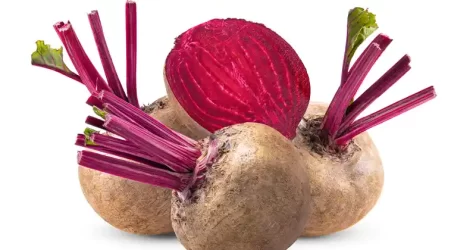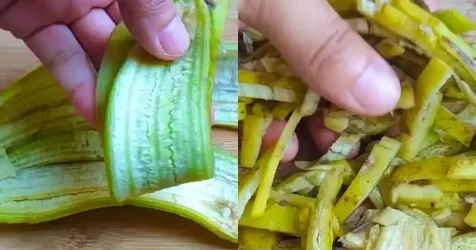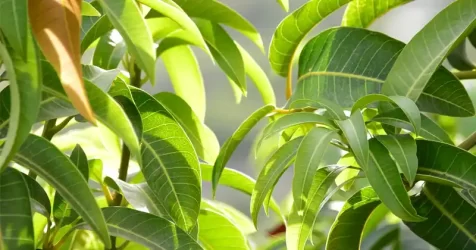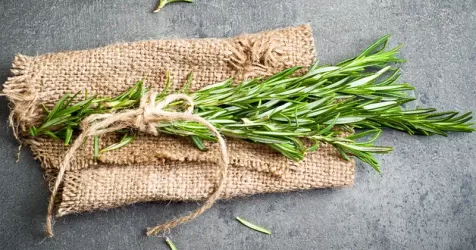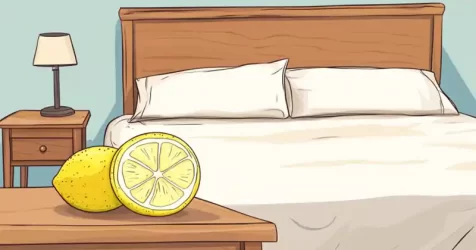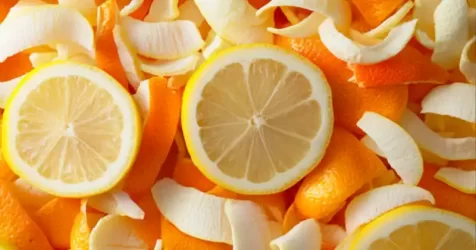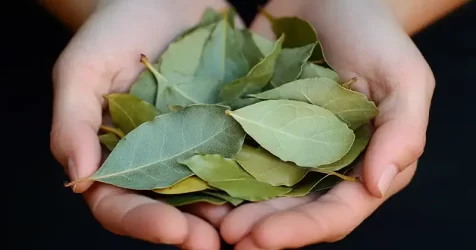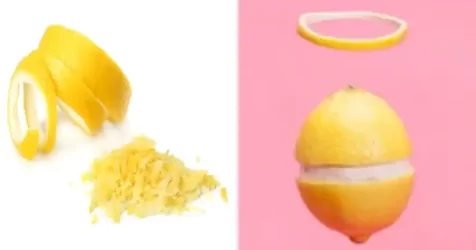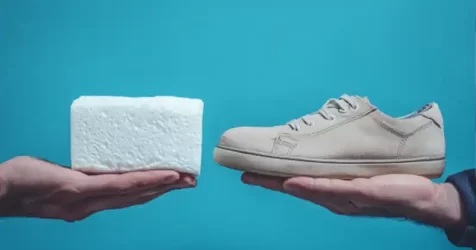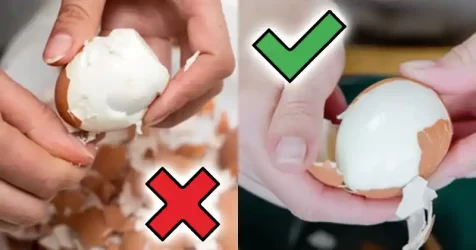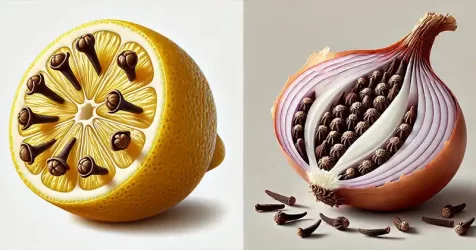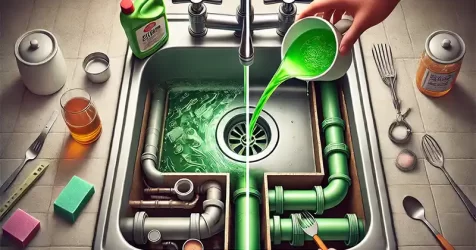How to take care of your kitchen sink and pipes
After unclogging the sink, you need to maintain some daily care to help avoid this problem, such as:

Avoid pouring hot oil
Not only hot oil but any kind of fat should not be poured into the sink. In addition to harming the environment, you are also accumulating dry fat in the house’s sewage pipes.
Separate leftover oil in a bottle and deliver it to a suitable place, so that it receives the correct final destination.
Avoid throwing coffee grounds
Coffee grounds are one of the main responsible for clogging the sink. Just like fat, it sticks and accumulates in the pipes. If you use the cloth filter, throw the grounds in the trash.
Avoid sharp instruments
If a clog has occurred, do not use sharp objects to clean the pipe, such as knives or stainless steel spatulas. At most a plastic spatula to scrape the fat from the siphon.
Any piercing instrument will end up puncturing the pipes and there are two jobs: solve the clog and change the pipes!
Regular maintenance of the grease trap
The grease trap needs regular cleaning to avoid the bad smell in the sink and even the clogging itself. Often the problem is there and not in your sink. The function of the grease trap is to prevent it from reaching the sewer, allowing only water to pass through. The fat accumulates there.
The fat remains become a kind of husk that must be removed and thrown in the common trash. This procedure needs to be done every six months on average. There is the option of using fat-eating bacteria. Still, the best thing in this case is to call a specialized company to perform the cleaning.
Using the protection filter
The protection filter is a simple and practical measure that will prevent food leftovers from falling into the sink drain. It can be a simple strainer, almost all sinks come with a filter and you can also buy others.
After washing the dishes, hit the filter in the trash and remove everything that has accumulated there.
Thoroughly clean food scraps from pans and plates
Is there food left on the plate or in the pan? Before taking it to the sink, scrape it well in the trash. Food leftovers go in the organic waste and not in the sink. This way you make the process of washing the dishes more practical and avoid dropping food leftovers into the drain.
Choose wider pipes
Wider pipes are also a great option. So if grease or other dirt accumulates, the pipe continues to let water through. This tip is valid for those who are building or renovating the house.
Unclogging the sink is a very practical process, still, if none of the methods work, be sure to call a plunger! Do you know other techniques or suggestions to avoid clogging? Tell us in the comments!
